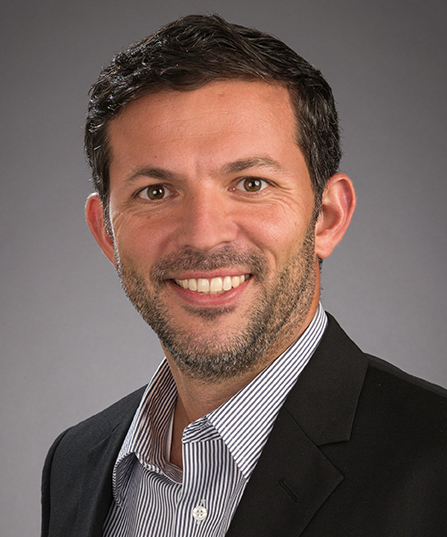
- gmccord@ucsd.edu
-
RBC #1321
9500 Gilman Dr. #0519
La Jolla , California 92093-0519
Associate Teaching Professor and Associate Dean

Gordon McCord has an extensive background in sustainable development, working at the intersection of environmental economics, public health and economic development. His research employs spatial data analysis and satellite remote sensing on topics such as sustainable land use; the burden of a changing climate on infectious diseases and child nutrition; and the health and economic impacts of agricultural technology diffusion.
In public health, his research includes ecology-based models to estimate infectious disease burden in populations lacking sufficient health data collection mechanisms; vector-borne disease early warning systems; and financial modeling of primary health care systems.
McCord directs the SDG Policy Initiative at the School of Global Policy and Strategy (GPS), which uses the Sustainable Development Goals as a framework to support policymakers with data-driven, evidence-based solutions for a sustainable future. He is a senior advisor to the Sustainable Development Solutions Network and has advised national and subnational governments around the world.
At GPS, McCord serves as associate dean of Student Affairs as well as associate teaching professor of economics. He teaches courses including Microeconomics for Policy and Management, GIS & Spatial Data Analysis and Spatial Analysis for Sustainable Development. He is also director of the Certificate in Spatial Analysis program at GPS.
He is a research affiliate at UC San Diego’s Policy Design and Evaluation Laboratory, a faculty affiliate of the Center for Global Effective Action and an invited researcher at the Abdul Latif Jameel Poverty Action Lab (J-PAL) North America.
Ph.D., Sustainable Development, Columbia University, 2011
B.A., Economics, Harvard University, 2002
CV
Google Citations
Watch additional videos:
Why it matters. Planetary boundaries and sustainability with Gordon McCord
View the Teaching page for Gordon McCord.